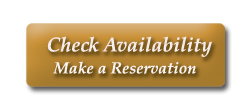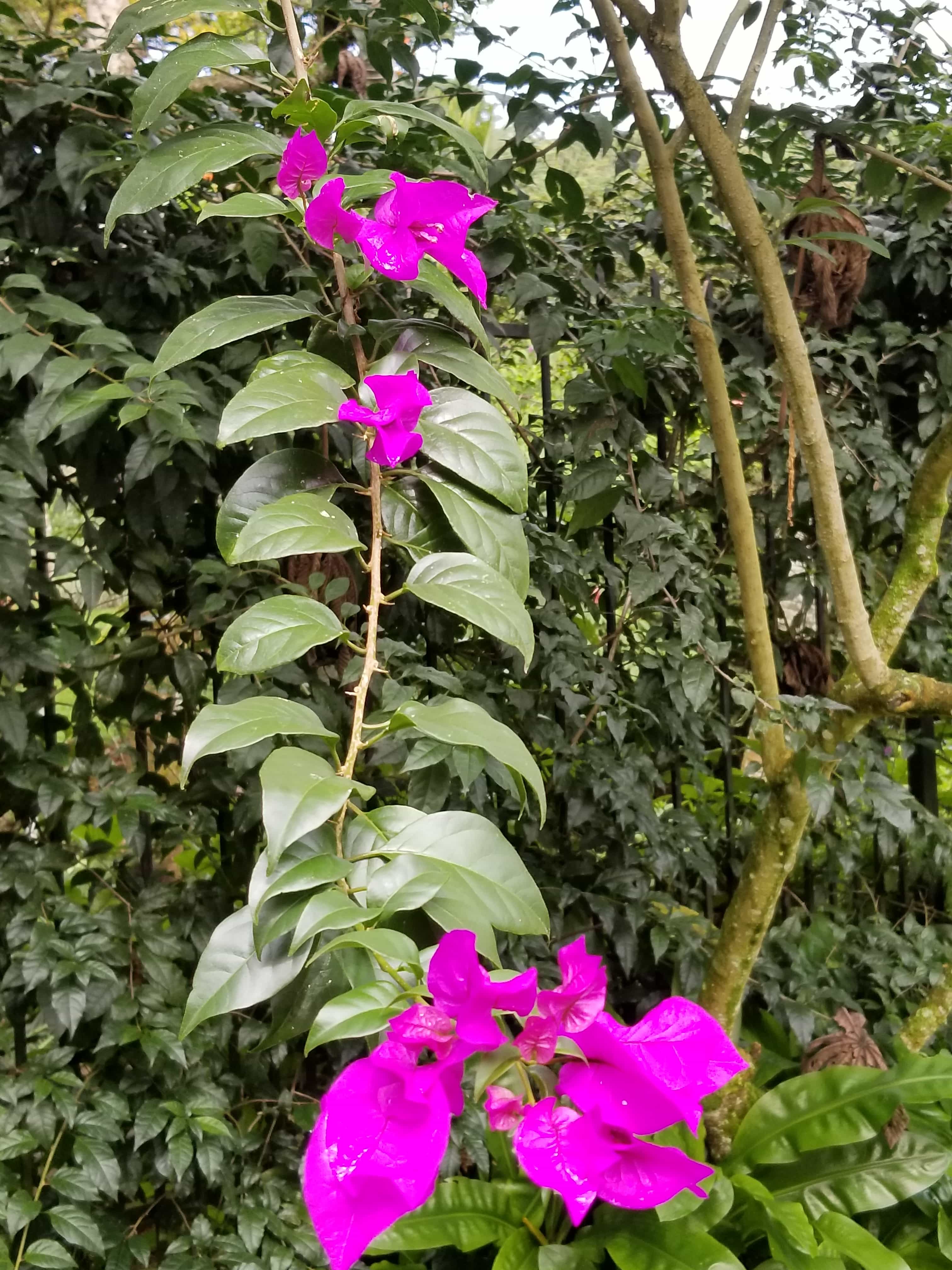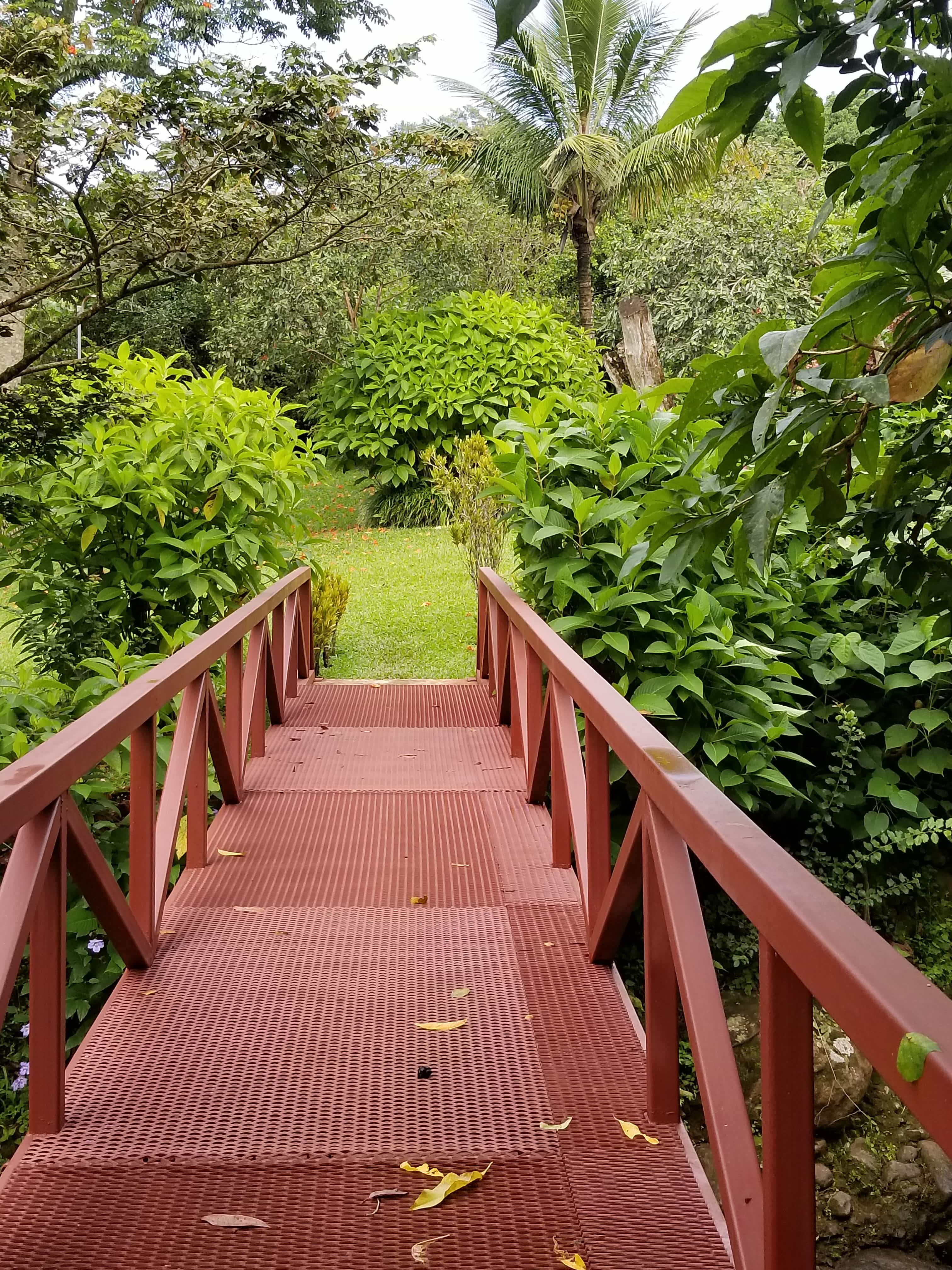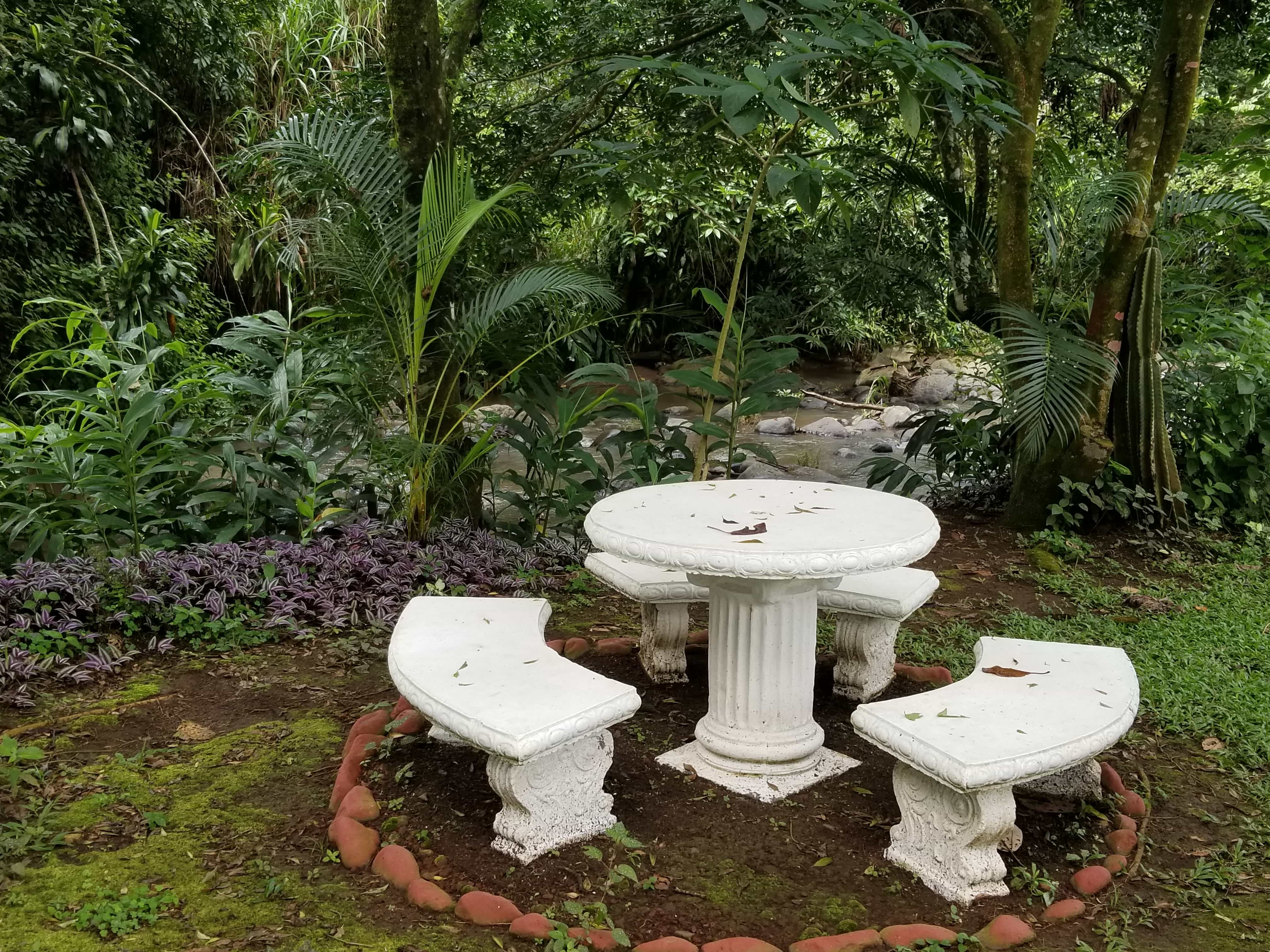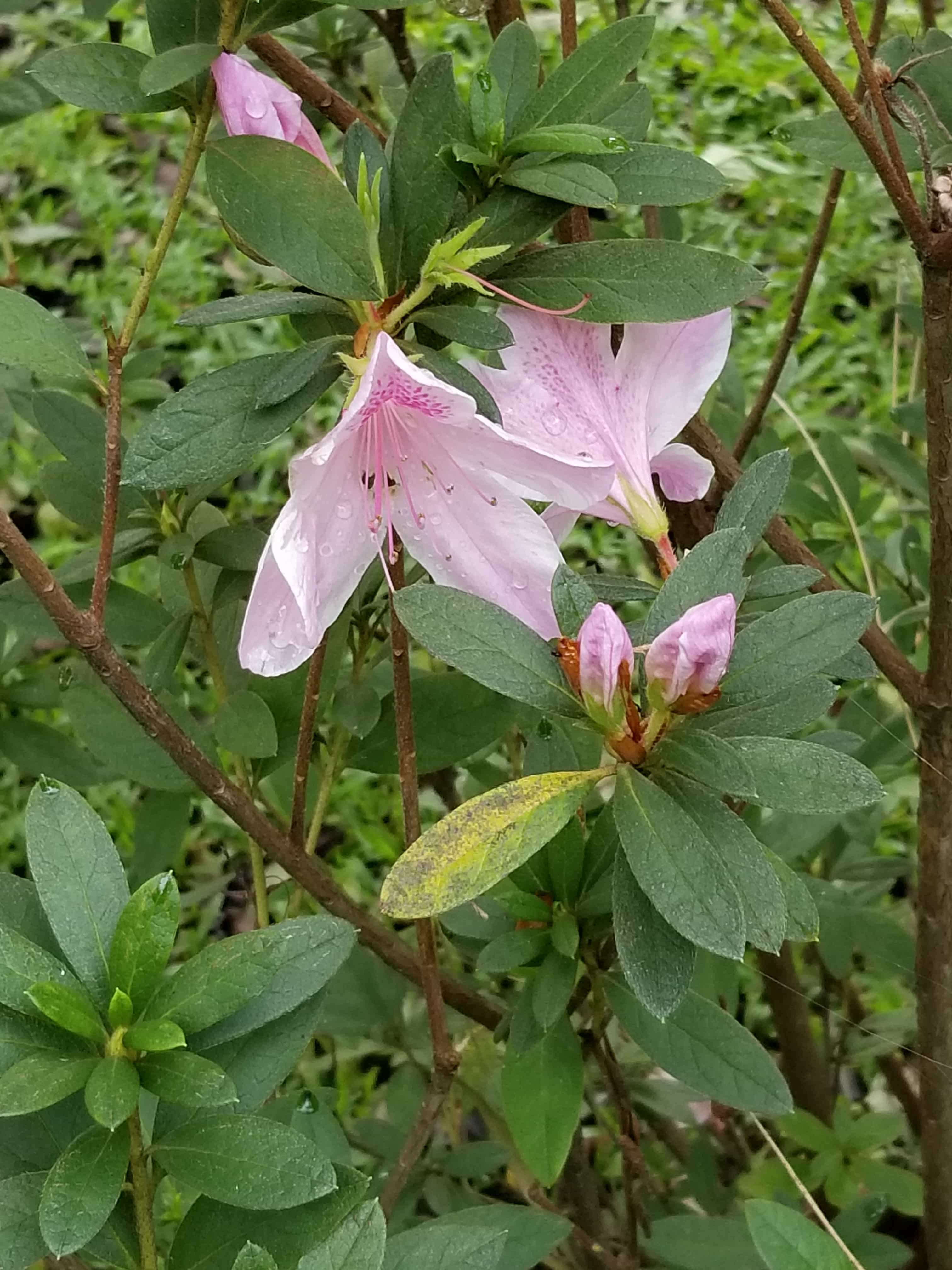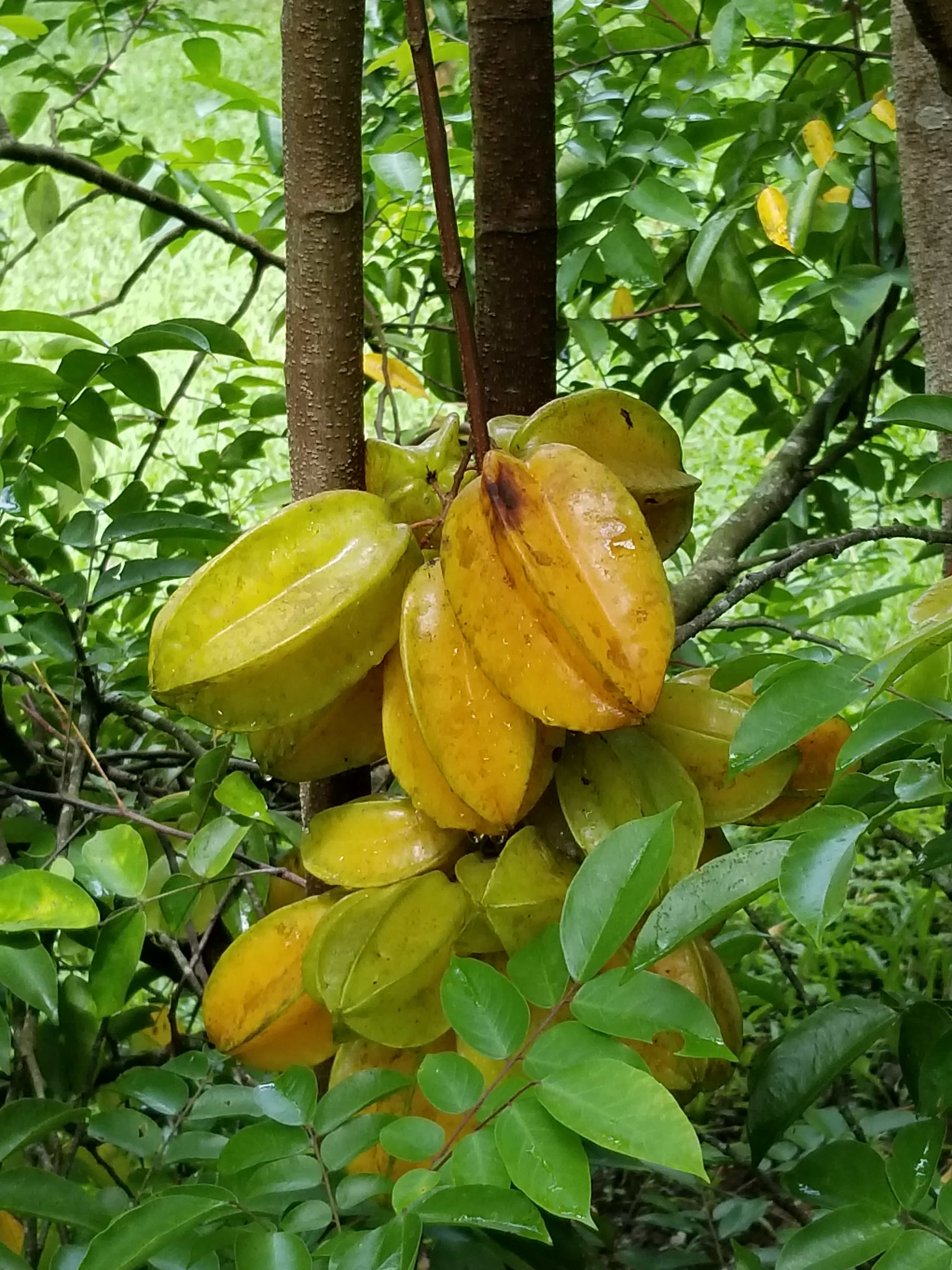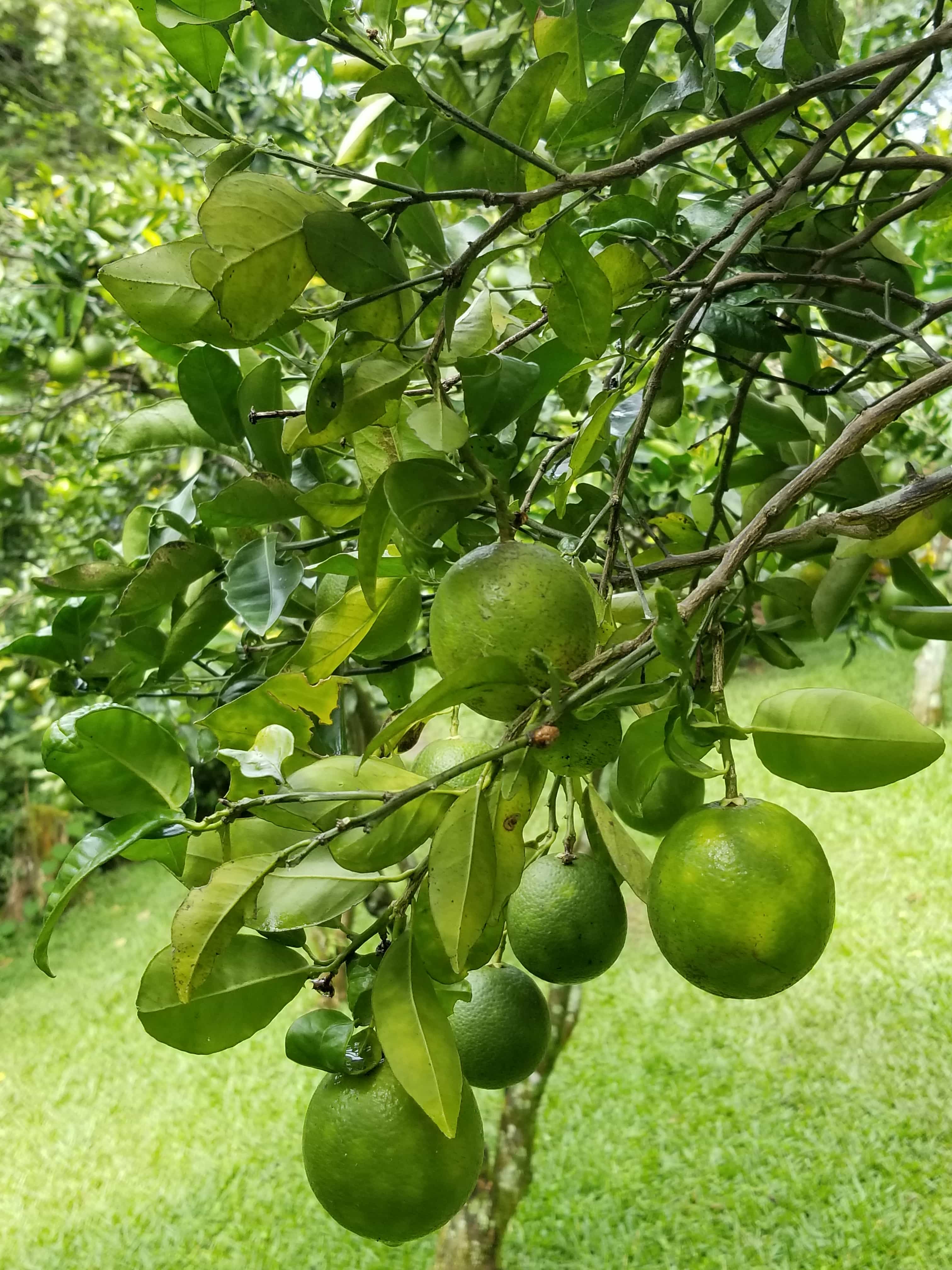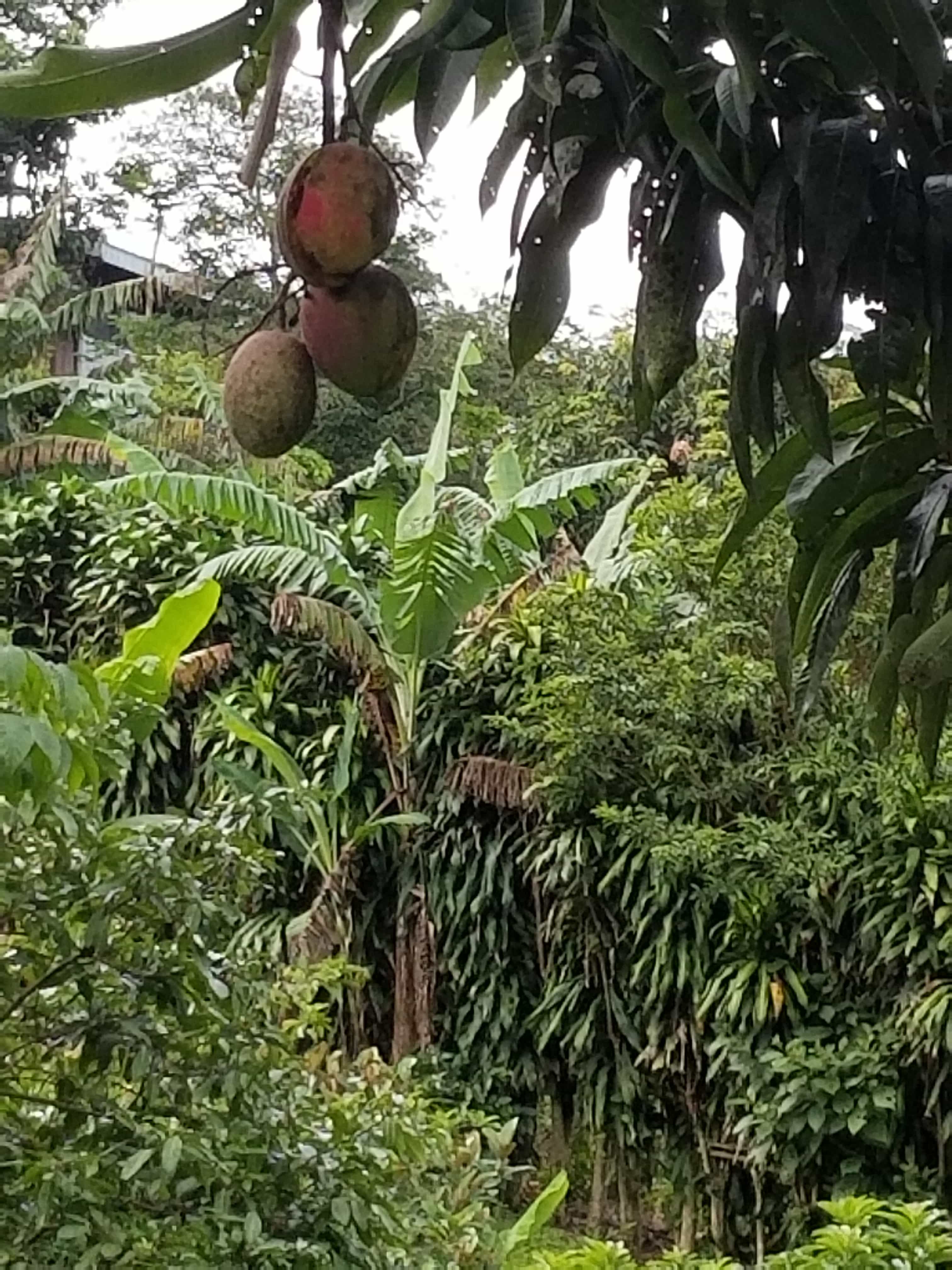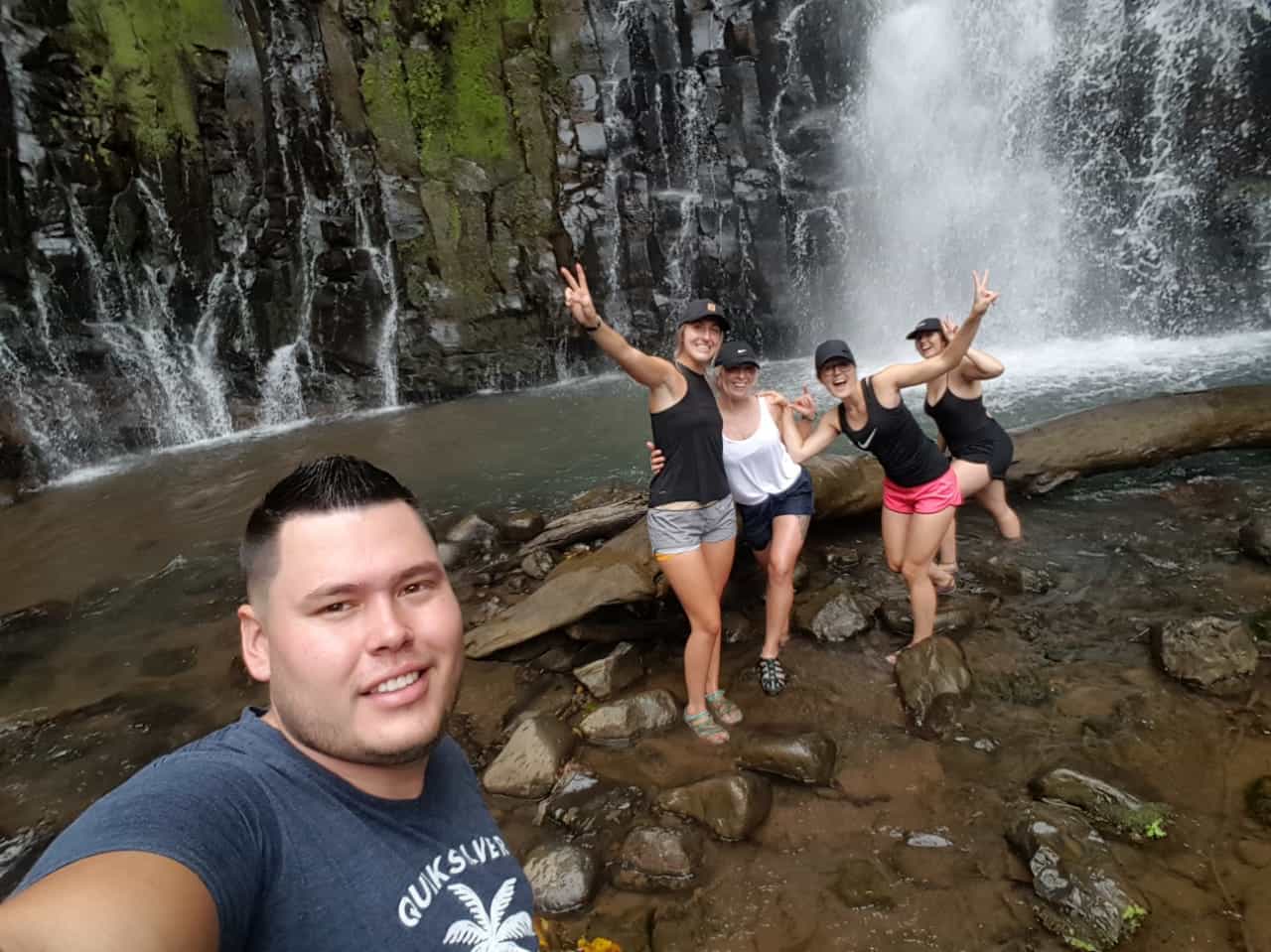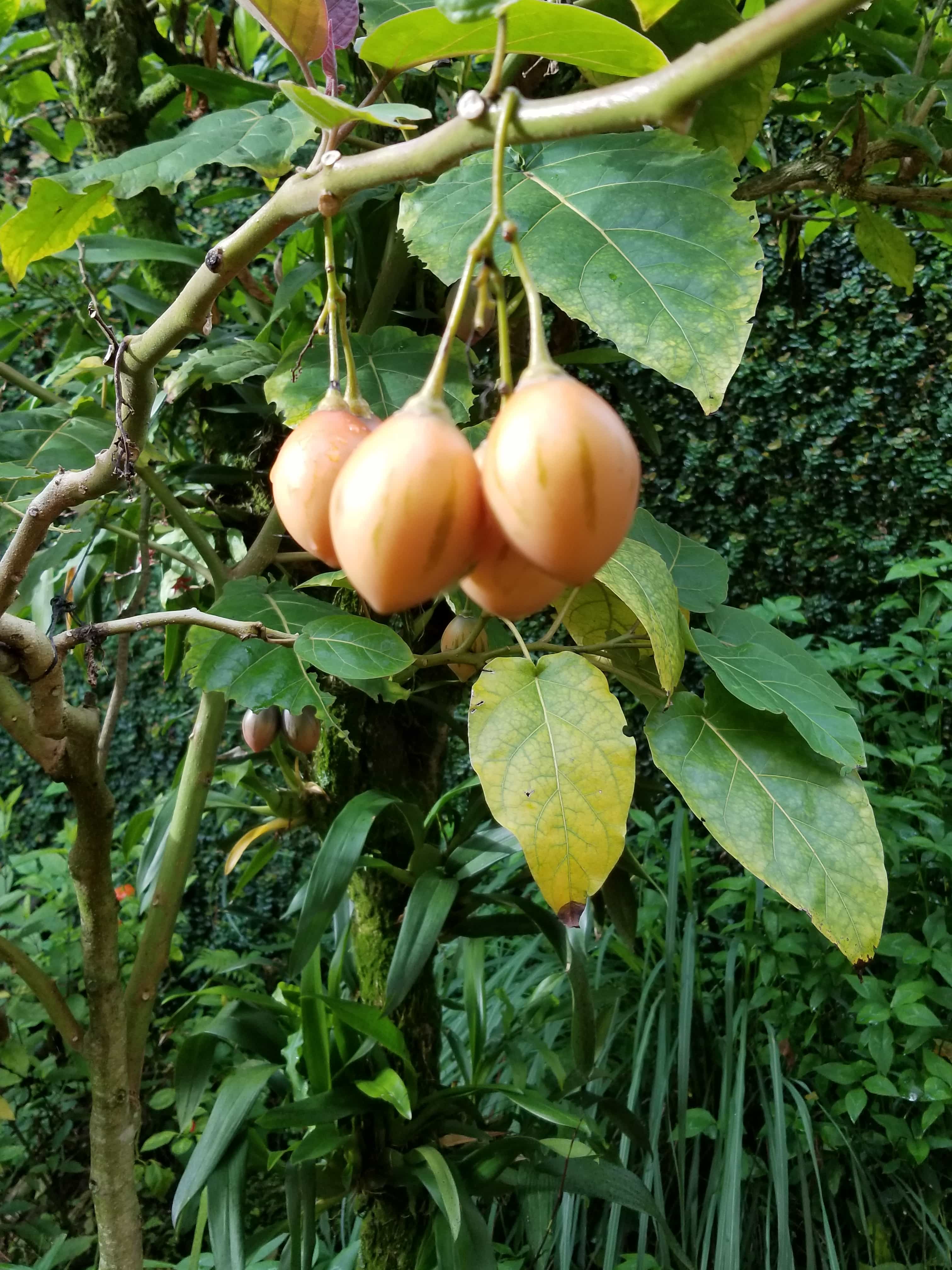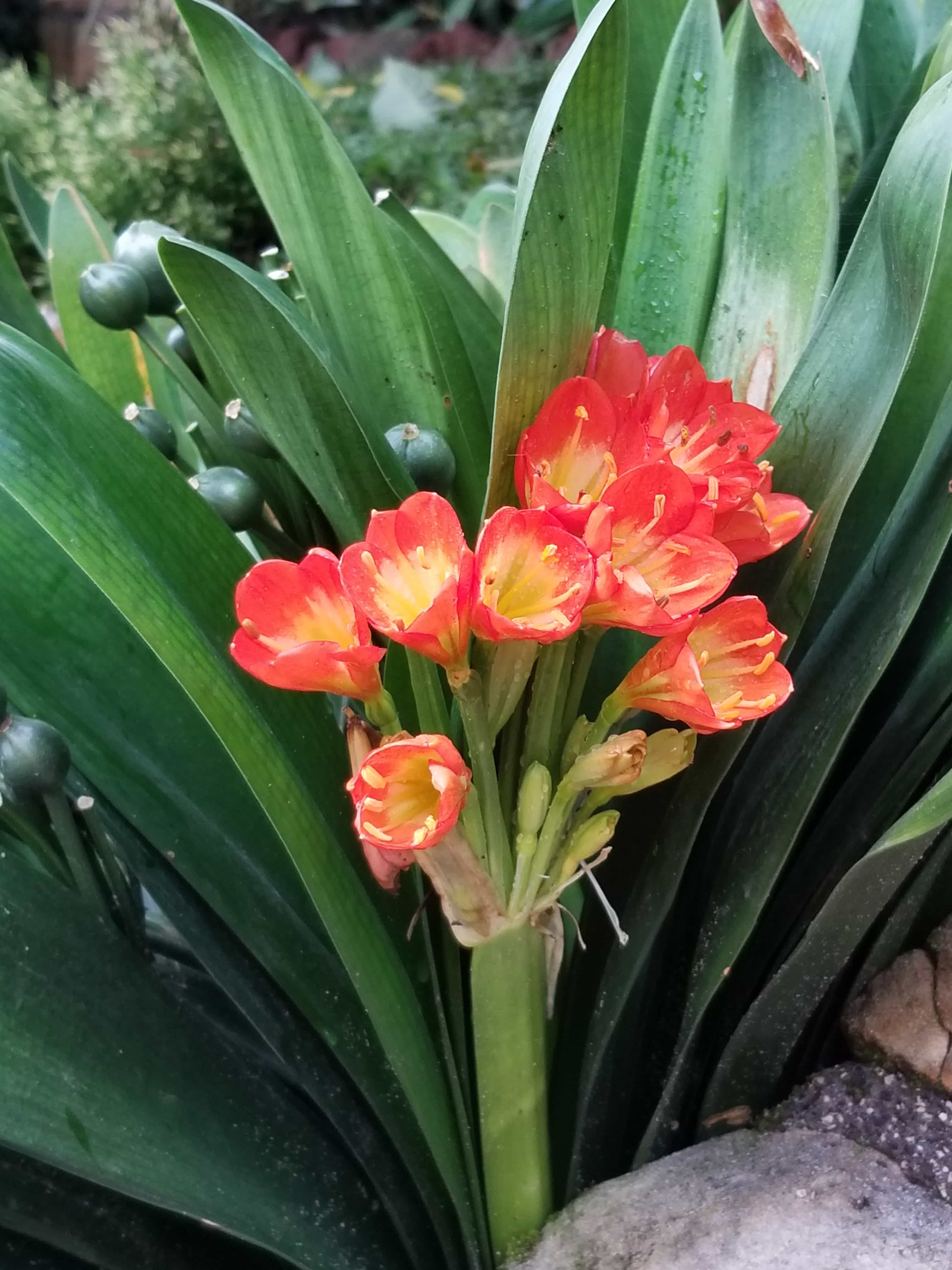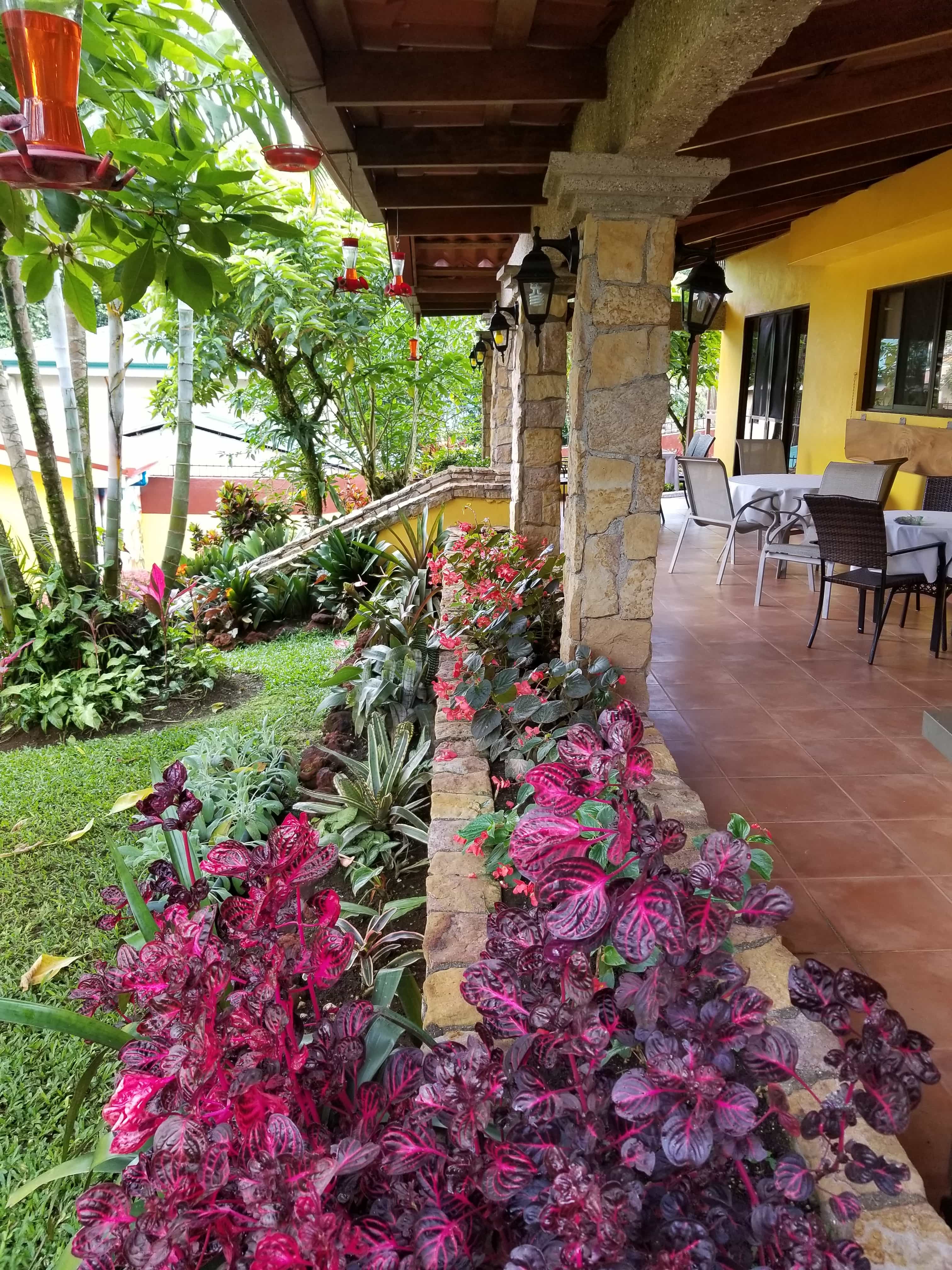Mixing Shrooms And Alcohol Risks & Side Effects
In contrast, alcohol can often cause people to lose focus and frequently lose the ability to have a coherent conversation (depending on the quantity consumed). It can lead to dependence on one or both substances, often necessitating professional help for addiction in alcohol treatment options. Chronic alcohol abuse can also lead to alcohol poisoning, a potentially fatal condition that arises when the body is unable to process the amount of alcohol consumed. A study demonstrated that psychedelics might lower a person’s alcohol intake.8 But, this study doesn’t reflect the real-life use of alcohol and psychedelics. A place to discuss the growing, hunting, and the experience of magical fungi.
Learn to live a Sober, Vibrant & Substance-Free Life
- Failing a drug test can lead to consequences that can significantly impact various aspects of life, including employment issues, reputational damage, and legal ramifications.
- Responsible use is key to minimizing risks and ensuring a safer experience.
- In short — we get a much bigger mess than we would with either substance alone.
Shrooms are also referred to as magic mushrooms, and they are euphoric, mind-altering substances that are well-known for producing hallucinations in their users and several other effects. Although some individuals think using this substance recreationally is safe, it is possible to develop a hallucinogen addiction. Shrooms and alcohol are often used to soothe their heightened emotional state and lessen their effects.
For example, mixing mushrooms and alcohol can increase the chances of experiencing hallucinations or other unpleasant effects. Furthermore, the effects of one drug may mask the effects of the other, leading to increased consumption of both. This can result in a complex and hazardous addiction, as the partial hospitalization program at drug rehab centers has shown. While the harm potential of mixing mushrooms and alcohol hasn’t been fully investigated, experts advise against combining substances due to the unpredictable and hazardous effects.
While the term “depressant” might make you think of sadness or depression, in this context, it refers to the substance’s ability to decrease brain function and neural activity. People should note that the United States classifies shrooms as an illegal drug. Combining the drugs can also make them compete for metabolizing resources, which means they can stay in your system longer than expected.
Do Magic Mushrooms (shrooms) show up on a drug test?
For example, the extreme hallucinogenic effects of shrooms mixed with heavy alcohol use are a high-risk combination that can cause unpredictable results. Shrooms, also known as magic mushrooms, are a fascinating type of naturally occurring fungi that contain the psychoactive compound psilocybin. This compound is the magic behind the mind-altering effects of shrooms, which can include vivid hallucinations, altered perception, and profound changes in mood and emotions. Mixing alcohol and shrooms can also lead to impaired judgment and reckless behaviour, such as driving or acting violently. While some people may experience a lower effect of shrooms when mixing them with alcohol, this effect has no proof. Some users report feeling heightened effects of the shrooms and more intense psychedelic experiences, while others find the drugs seem to dull the other’s effects.
What Are the Psychological Effects of Combining Shrooms and Alcohol?
A major concern with combining hallucinogens with alcohol is substance use disorder. Those with an alcohol addiction who take shrooms each time they drink may suffer from serious mental health problems as well as a wide range of physical side effects. Although doctors generally advise against combining substances, there is limits to the research showing the effects of shrooms and alcohol. This means most of the effects of mixing them come from people’s reported use. Keep reading to learn more about the effects of mixing mushrooms and alcohol.
- The risks of combining alcohol and shrooms, however, are extremely serious.
- The combined side effects of drinking alcohol and taking shrooms vary and are intriguing to some.
- “Magic mushrooms” have been in the public eye recently due to their use in therapeutic settings.
- Some states and cities have taken steps to decriminalize or legalize psilocybin, including Oregon and Colorado.
Shrooms, also known as magic mushrooms, are psychedelic and mind-altering hallucinogens. They contain psilocybin, a natural hallucinogen and psychoactive compound. When consumed, shrooms can cause hallucinations, distorted consciousness, and an inability to tell the difference between fantasy and reality. On the other hand, alcohol is a depressant that alters the nervous system and has effects on mood, behaviour, memory, and motor control. Still, what’s right for one person might not be right for another, and health-related decisions have to always be made with the help of a qualified professional. Moreover, it’s never a good idea to mix them with alcohol — no matter what the context might be.
Other Psychedelics and Alcohol
Some people may notice that mixing alcohol and mushrooms can lessen the effect of each drug. Specifically, psychedelic beer was believed to be used by the Wari Empire, which persisted from 600 AD to around 1,000 AD in the Ayachuco Basin area of Peru. Failing a drug test can lead to consequences that can significantly impact various aspects of life, including employment issues, reputational damage, and legal ramifications. A common question is whether magic mushrooms, also known as shrooms, show up on a drug test. The interactions and outcomes remain variable and, in some cases, problematic. Factors like individual tolerance, metabolism, and the context of use can significantly influence the overall experience and potential risks.
It can lead to a bad trip
Others might use alcohol as a way to ease the anxiety or discomfort that can sometimes accompany a mushroom trip, hoping that the relaxing effects of alcohol will smooth out any rough edges. Curiosity also plays a significant role, as some individuals are simply eager to explore the effects of combining these substances. Mixing shrooms with alcohol is not a game—it’s a gamble with your health. The potential drug abuse for both substance have adverse reactions is high, and the risks far outweigh any perceived benefits. Additionally, combining alcohol with shrooms can strain both your mental and physical health, potentially causing long-term damage, including addiction and cognitive impairment. The risk far outweighs any potential short-term experience, making it a dangerous and ill-advised combination.
The two substances interact because they affect the brain in similar ways, intensifying the effects, side effects, and risks of both drugs. Another study used larger doses of both psilocybin and LSD to treat alcohol use disorder (AUD). The results did suggest that alcohol use in those coping with AUD saw an 83% reduction in alcohol consumption 1. Some states and cities have taken steps to decriminalize or legalize psilocybin, including Oregon and Colorado.
The interaction between alcohol and shrooms can make it difficult for individuals to think clearly, increasing the chances of accidents and bodily injury. Additionally, the sedative effects of mushrooms may be enhanced, leading to increased drowsiness and decreased coordination. The interaction between the two substances can be unpredictable and lead to unpleasant or dangerous side effects, such as nausea, panic attacks, and increased heart rate. Mixing alcohol and shrooms can also increase the risk of a “”bad trip”, which involves frightening hallucinations and emotions. Nonetheless, it is important to know the potential risks of mixing these substances.
Furthermore, drinking alcohol while taking shrooms can lead to risky behaviour and endanger others, especially when driving. The combination may impair judgment and compel individuals to act in ways that are not conducive to a safe environment. It would require a specific test for psilocybin and would generally only be effective for a short period after use (in urine). False positives for psilocybin are rare but can happen, particularly with less specific tests due to potential cross-reactivity with other substances.
For individuals with pre-existing mental health conditions, mixing alcohol and shrooms can be particularly dangerous. Both substances can exacerbate symptoms of depression, anxiety, and other mental health issues. While users are often aware of the hallucinations they can experience taking mushrooms, the combined side effects of drinking alcohol with the drug vary. Although users may still experience hallucinations from the magic mushrooms, mixing in alcohol can lead to feelings of discomfort, anxiety, impaired motor functions, and/or headaches. While the experience of combining magic mushrooms and alcohol varies between individuals, side effects can be extremely unpredictable.
For this reason, doctors recommend against combining alcohol and recreational drugs such as shrooms. However, no serious or life-threatening complications are expected from this combination. A third study also tested the effects of psilocybin on alcohol misuse and abuse. Many participants also reported life-altering experiences from taking psilocybin, saw significant decreases in their alcohol use, and believed their alcoholism had been permanently improved 2. Heavy cannabis use also has adverse health consequences, especially with prolonged use starting in adolescence. Examples include cognitive drunk on shrooms impairment, impaired motor skills, altered brain development, lung damage from smoking, addiction and mental illness.
When these two substances intersect, a multifaceted spectrum of reactions emerges. “Magic mushrooms” have been in the public eye recently due to their use in therapeutic settings. Anecdotally, some people swear by psychedelics as a way to cure everything from persistent pain to depression and, yes, even alcohol misuse itself. When we use substances to alter our reality, we are often looking for one of two basic things — stimulation and novelty (“some dance to remember”) or comfort and escape (“some dance to forget”).
Many shroom users feel an increase in positivity, even achieving euphoria. In addition, shrooms don’t cause dependency, making them an attractive choice compared to alcohol. To fully understand how both substances work together, it’s best to start by breaking down their individual effects. Even though they are both used recreationally, they have very different effects on the user. For example, alcohol makes you drunk, which is the opposite of how users feel when psychedelics like shrooms. The altered state induced by shrooms, combined with alcohol’s depressive effects, can trigger or worsen mental health crises, making it essential to approach this combination with extreme caution.
Moreover, the physical interaction of alcohol and “shrooms” can put our health at risk. Let’s take a closer look at the science behind the dangers of mixing shrooms and alcohol. Combining these two substances can result in a condition with terrifying hallucinations and depressive feelings. Mushrooms vs alcohol should not be compared and done, as they can lead to serious health consequences.


